Tech
Sign up for our newsletter
We summarize the week's scientific breakthroughs every Thursday.
-
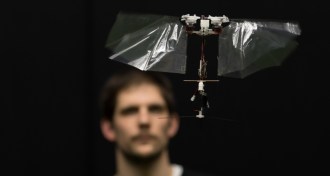 Tech
TechThis flying robot could reveal secrets of the aerial world of insects
A new winged robot with the exceptional agility of a fruit fly could lend insight into animal flight.
-
 Materials Science
Materials ScienceHere’s how graphene could make future electronics superfast
Graphene-based electronics that operate at terahertz frequencies would be much speedier successors to today’s silicon-based devices.
-
 Astronomy
Astronomy‘Accessory to War’ probes the uneasy alliance between space science and the military
Neil deGrasse Tyson and Avis Lang’s ‘Accessory to War’ grapples with the millennia-old partnership between space science and warfare.
-
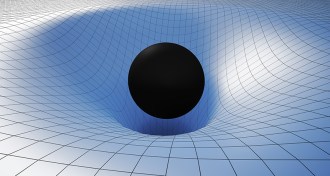 Physics
PhysicsThe strength of gravity has been measured to new precision
Researchers have measured Newton’s gravitational constant, known as Big G, with the greatest precision yet.
-
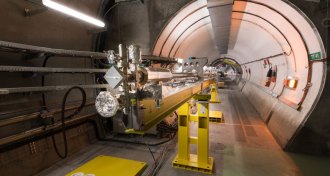 Particle Physics
Particle PhysicsElectrons surf protons’ waves in a new kind of particle accelerator
For the first time, scientists accelerated electrons using plasma waves from proton beams.
-
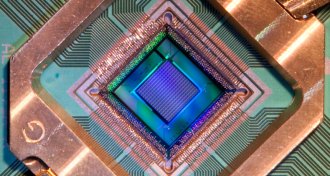 Quantum Physics
Quantum PhysicsQuantum computer simulates two types of bizarre materials
In calculations involving about 2,000 quantum bits, a D-Wave machine reproduced the behavior of exotic substances.
-
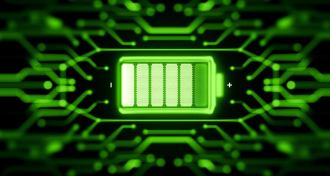 Chemistry
ChemistryLithium-oxygen batteries are getting an energy boost
A new version of the lithium-oxygen battery could pack more energy and last longer than its predecessors.
-
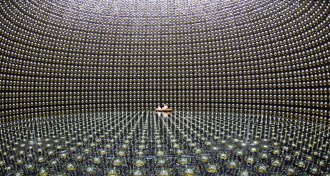 Particle Physics
Particle PhysicsGhostly antineutrinos could help ferret out nuclear tests
Antineutrino detectors could one day help reveal stealthy nuclear blasts.
-
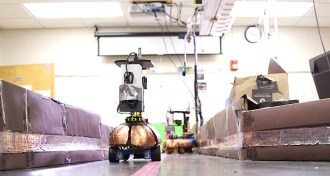 Tech
TechHere’s what robots could learn from fire ants
Fire ants’ secret to success is prioritizing efficiency over fairness. Robot teams could use that strategy to work more efficiently in tight, crowded quarters.
-
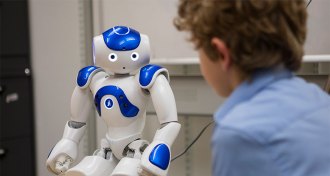 Tech
TechChildren may be especially vulnerable to peer pressure from robots
Elementary school children often endorsed unanimous but inaccurate judgments made by small groups of robots.
By Bruce Bower -
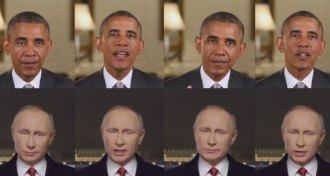 Computing
ComputingA new computer program generates eerily realistic fake videos
It’s getting harder to tell fact from fiction — even on camera.
-
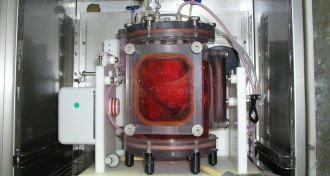 Health & Medicine
Health & MedicineScientists successfully transplant lab-grown lungs into pigs
Pigs implanted with lab-grown lungs recovered from surgery with no breathing problems.